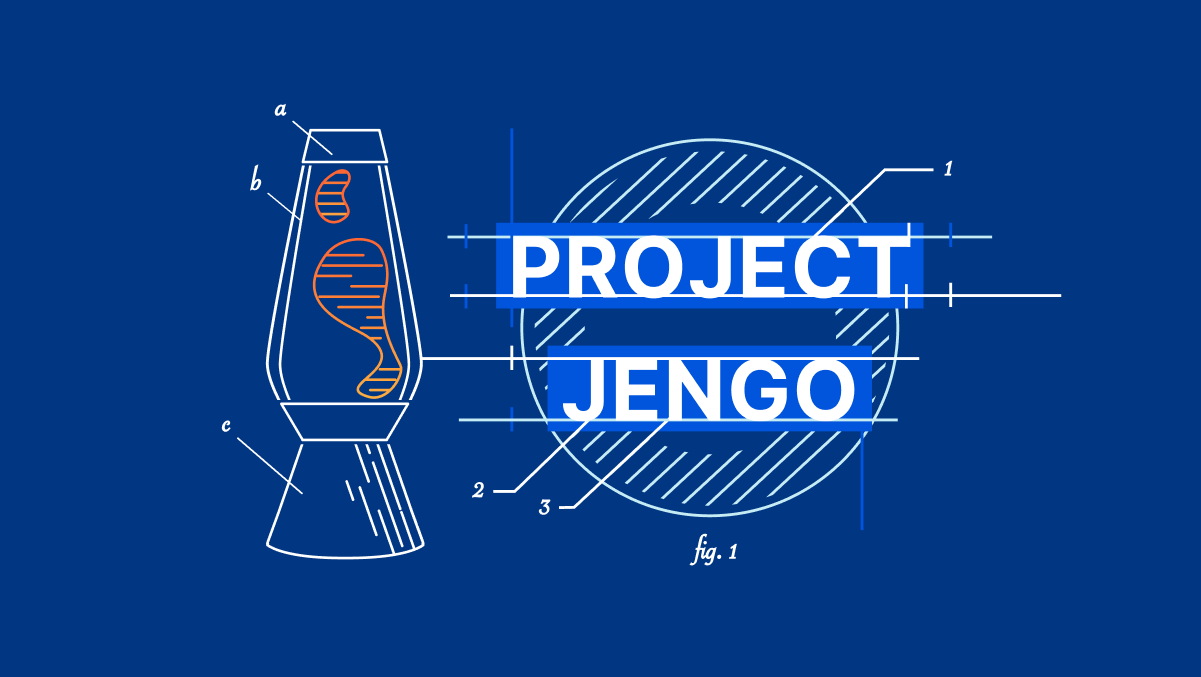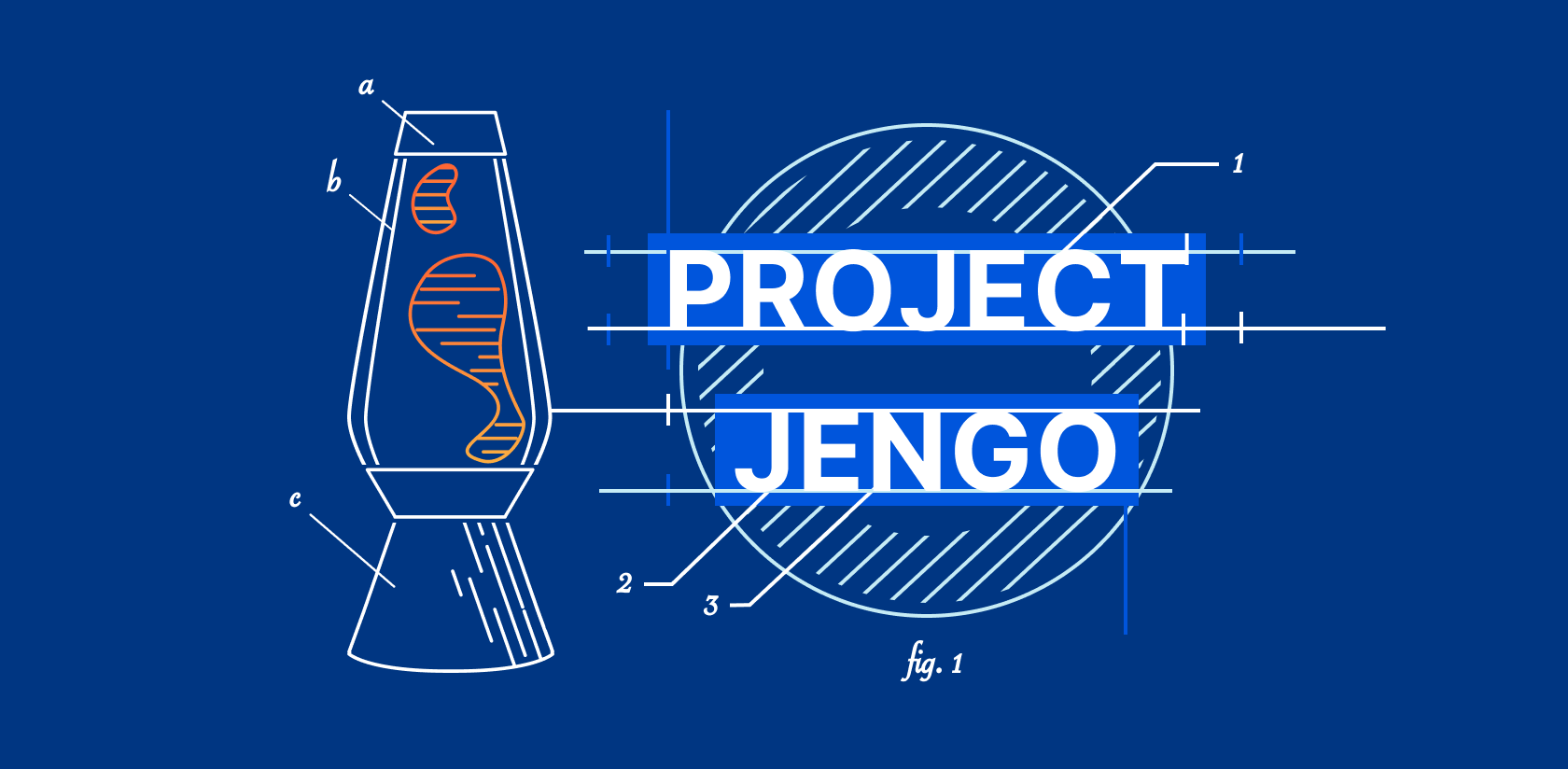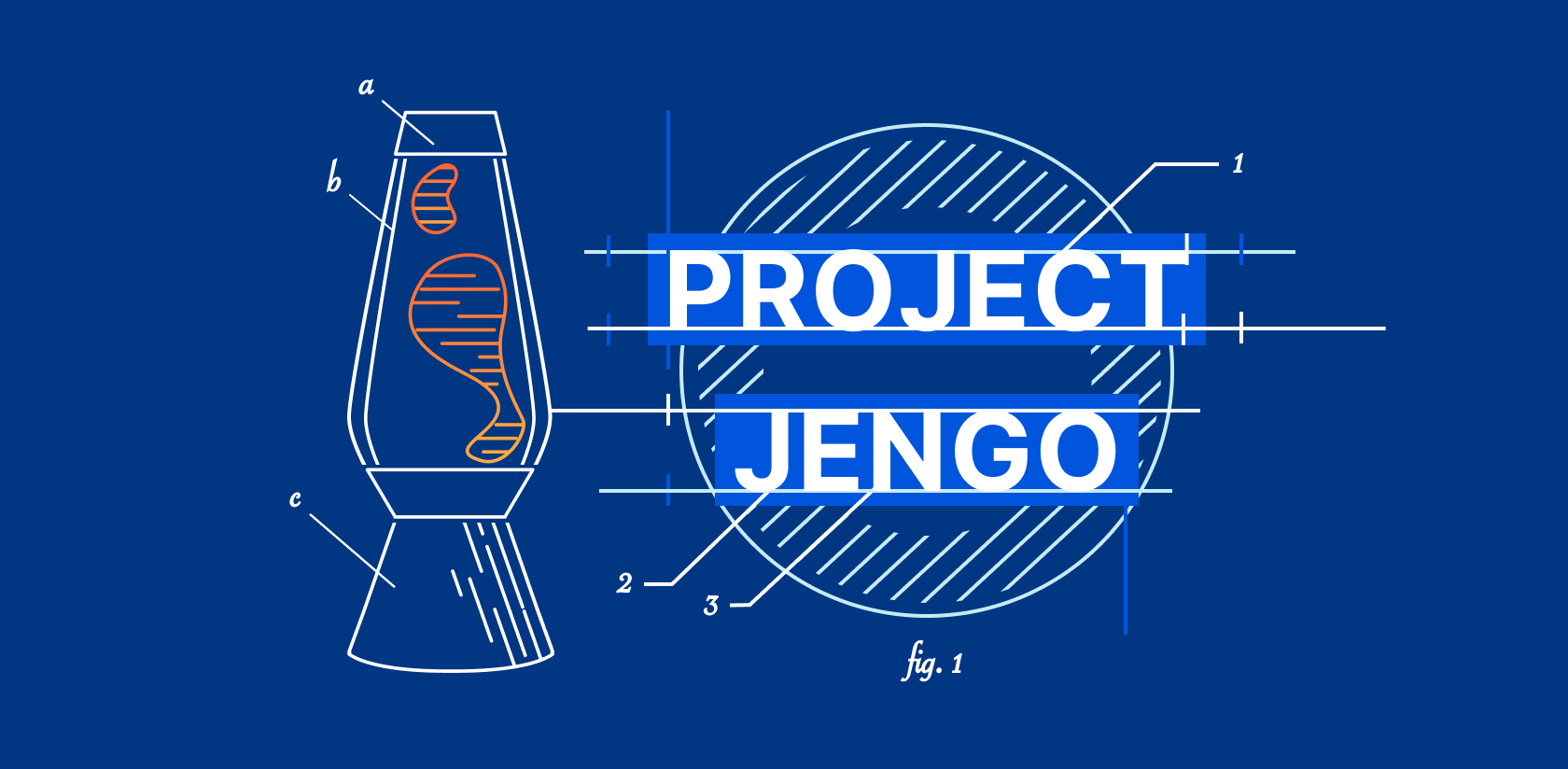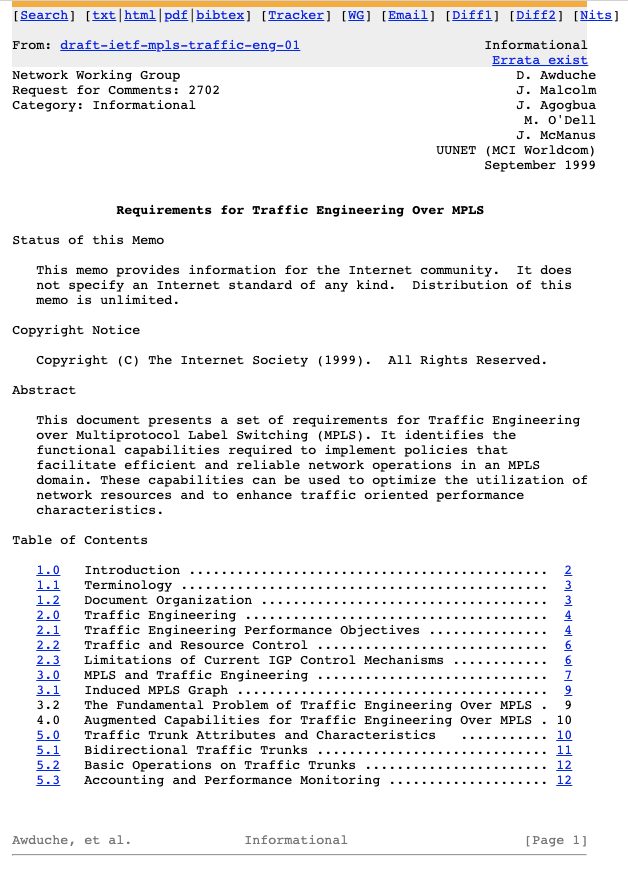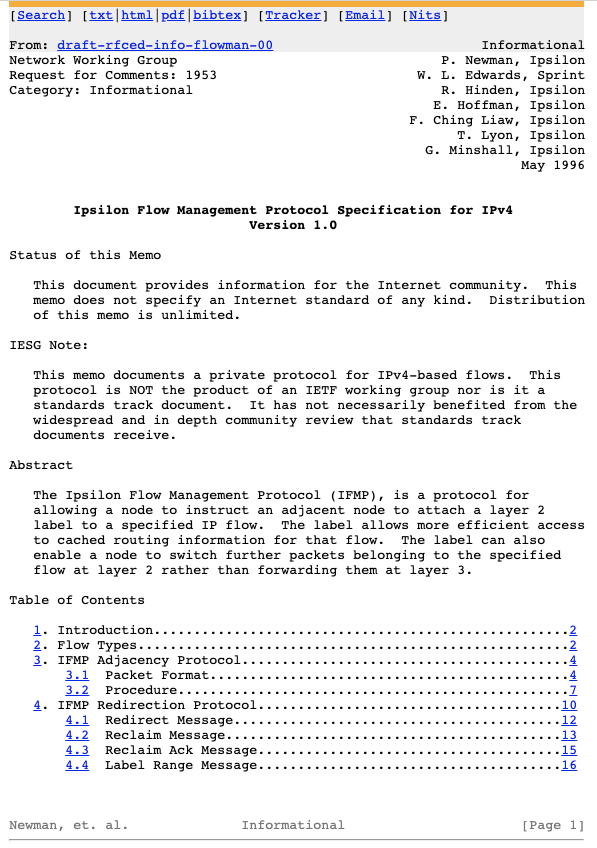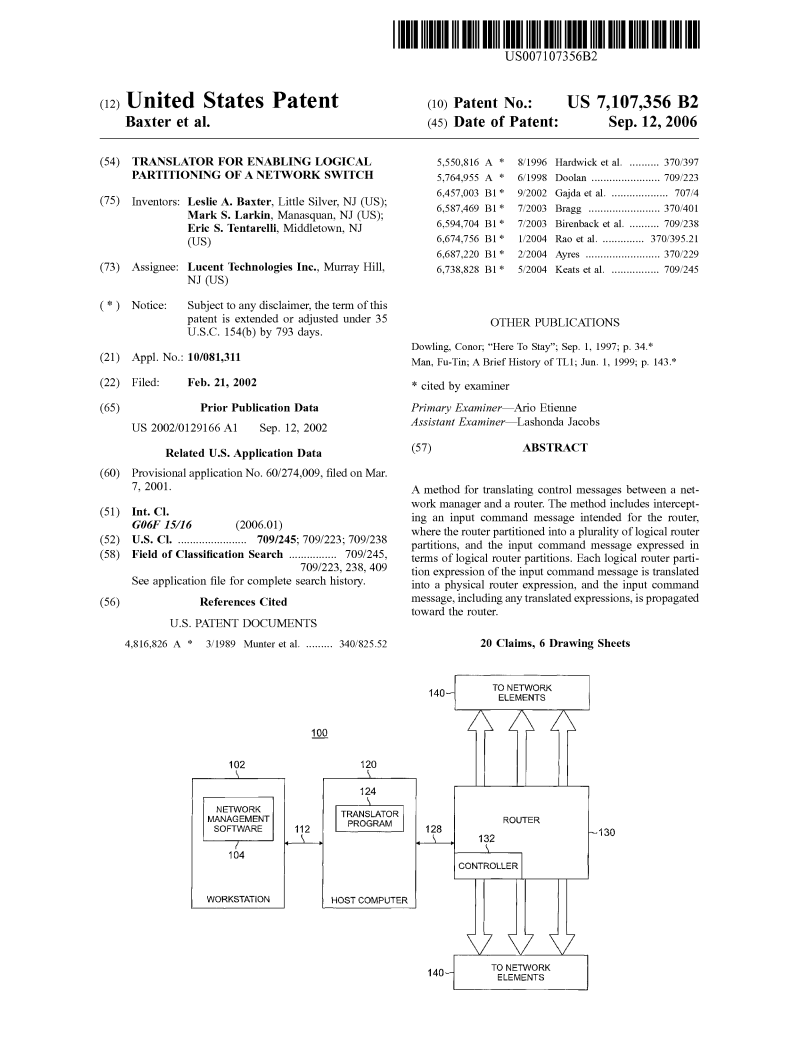Post Syndicated from Patrick Nemeroff http://blog.cloudflare.com/author/patrick-nemeroff/ original https://blog.cloudflare.com/cloudflare-defeats-patent-troll-sable-at-trial
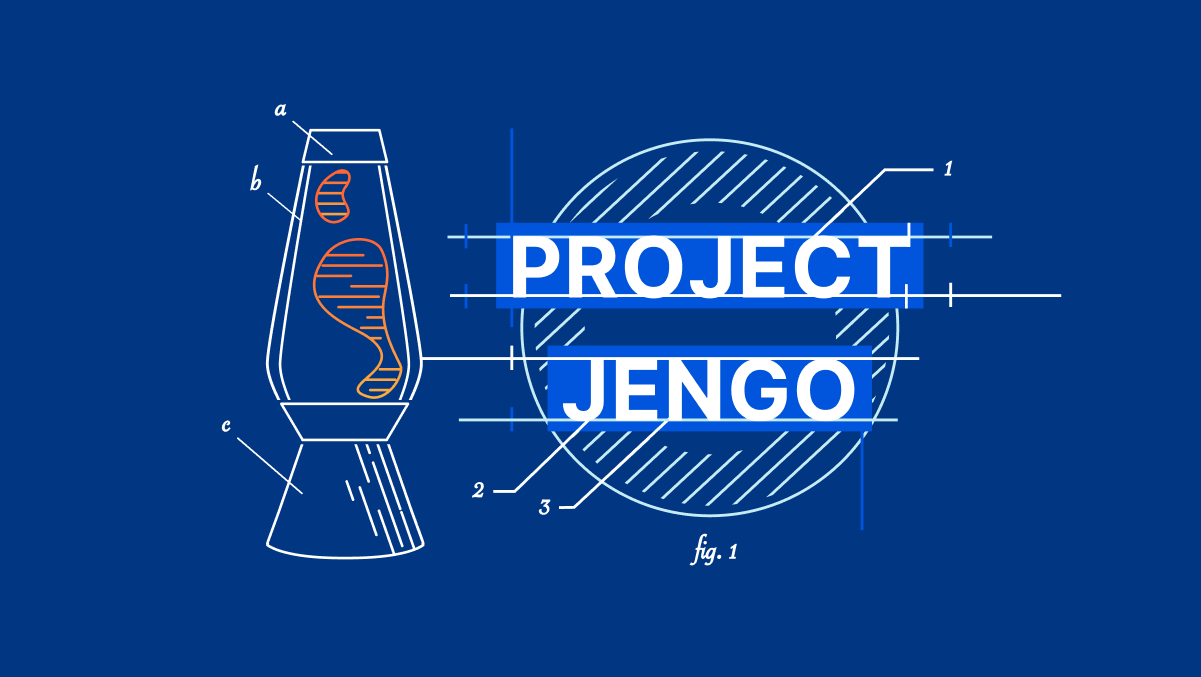
For almost seven years, Cloudflare has been fighting against patent trolls. We’ve been doing this successfully through the efforts of our own legal team, external counsel, and the extraordinary efforts of people on the Internet looking for prior art (and getting rewarded for it) through our Project Jengo.
While we refuse to pay trolls for their meritless claims, we’ve been happy to award prizes to Project Jengo participants who help stop the trolls through prior art that invalidates their patents or claims. Project Jengo participants helped us in the past roundly beat the patent troll Blackbird (who subsequently went out of business).
Today, we’re back to talk about yet another win thanks to a lot of work by us, our external counsel, and Project Jengo participants.
Sable
Last Thursday, on a clear, sunny morning in Waco, Texas, a jury returned a verdict after less than two hours of deliberation. The jury found that Cloudflare did not infringe the patent asserted against Cloudflare by patent trolls Sable IP and Sable Networks.
And while that would have been enough to decide the case by itself, the jury went further and found that Sable’s old and broadly-written patent claim was invalid and never should have been granted in the first place–meaning they can no longer assert the claim against anyone else. Since Sable first sued us, we’ve invalidated significant parts of three Sable patents, hamstringing their ability to bring lawsuits against other companies.
It’s worth noting that very few lawsuits ever reach a jury. Most non-lawyers are shocked to learn that only about 1% of civil cases make it to trial, because trials are generally what they see on TV or in film. But professional litigators know that almost all cases are resolved much earlier through procedures that are much less entertaining to watch on screen: written motions, delay, or settlement. A big reason for this is that taking a case to trial–even on simple matters–is extremely costly. In patent cases, that means millions of dollars.
As we described in our first Project Jengo blog post, these costs are the threat that patent trolls rely on to extract sizable settlements out of innovative technology companies. It’s often easier for technology companies to pay a settlement rather than pay millions more in litigation costs that likely can’t be recovered even if the technology company wins. Patent trolls usually don’t want to incur the costs of going to trial either, but they typically wait for the other side to blink first and pay up–especially because the company accused of infringement is the one that faces the risk of a bad verdict and damages award.
But every once in a while the target doesn’t blink. Cloudflare’s hard fought victory, the culmination of three years of litigation, is a strong warning to all patent trolls–we will not be intimidated into playing your game.
Background
Let’s recap how we got here. This case began in March 2021 when Sable Networks and Sable IP filed a complaint against Cloudflare in federal court. Sable asserted around 100 claims spanning four patents against multiple Cloudflare products and features. The patents relied on by Sable were filed around the turn of the century, and they addressed the hardware-based router technology of the day. More specifically, they addressed a particular type of hardware focused on “flows” composed of multiple linked packets. This approach is not used by modern-day software-defined services delivered on the cloud, particularly not services like Cloudflare that handle traffic on a packet-by-packet basis. But that didn’t stop Sable from arguing its broadly-worded patents covered essentially all router operations, including Cloudflare’s cutting edge technology–well beyond what the asserted patent claims were ever intended to cover.
As with many patent trolls, Sable IP has never made or sold products and doesn’t employ a single person to create or design actual technology. Sable IP was created as a shell entity in 2020 to monetize the patent portfolio of Sable Networks, which itself was formed in 2006 and allegedly acquired the assets–including the patents–of Caspian Networks, a router company that had shuttered its operations. Sable IP is one of many such shell entities formed to “monetize” patents through lawyer-driven litigation campaigns.
Cloudflare wasn’t Sable’s only target. Sable sued a number of other companies, including Cisco, Fortinet, Check Point, SonicWall, Juniper Networks, and others, each of which eventually resolved the lawsuit against them out of court. Cloudflare took a different approach.
To kick off our fight against Sable, we launched another round of Project Jengo, crowdsourcing submissions of prior art for all of Sable’s active patents–including patents not asserted against Cloudflare–and committing a $100,000 award to be split among winners that submitted strong prior art. Dedicated readers will remember Cloudflare’s first round of Project Jengo, which helped put the notorious patent troll Blackbird out of business. We’ve received dozens of submissions since we launched this Sable-focused round of Project Jengo, and have awarded \$70,000 since 2021. We will distribute the remaining \$30,000 to winners of the Final Awards which we will announce after the official conclusion of the case per the Project Jengo Rules.
Relying on prior art, we filed petitions for inter partes review to the U.S. Patent and Trademark Office (“USPTO”) seeking to invalidate Sable’s patents. The inter partes process is an administrative proceeding that involves filing briefs for administrative patent judges at the USPTO to determine if a patent should have been issued in the first place. In many cases it’s a helpful process available to try and limit the threat of patent trolls. In May 2022, to avoid responding to one of those petitions–and to avoid the risk that its patent would be canceled altogether–Sable voluntarily canceled all of the claims asserted against Cloudflare under one of its patents. And in January 2023, we were successful in invalidating the portions of a second Sable patent that had been asserted against us.
Two patents down, Sable refused to give up. By December 2023, through its petitions to the USPTO and related motions before the court, Cloudflare had successfully narrowed the number of patents and claims at issue from approximately 100 claims across four, to just five claims from two patents. Then, at the pretrial conference on December 13, 2023, the court issued summary judgment in our favor on a third Sable patent. Summary judgment is a process where the court determines that an argument is so clear that no reasonable jury could rule otherwise. This further narrowed the case to a single asserted claim on a single patent–claim 25 of U.S. Patent No. 7,012,919.
Through years of hard work, we’d successfully whittled down Sable’s case from about 100 claims across four patents to just one claim of one patent. But despite all that success, the fact remained…we were heading to trial, and it can be difficult to know what a jury will decide–and what damages they may award–on heavily technical issues.
Trials and tribulations for Sable IP and Sable Networks
We weren’t just heading to trial, we were heading to the Western District of Texas. Waco, Texas, to be precise, where Sable chose to file its lawsuit. The Western District of Texas has in recent years become a popular venue for patent plaintiffs, as it has a reputation for being a friendly jurisdiction for patent holders.
Sable’s trial story was not compelling. On the technical merits, Sable had the unenviable task of trying to map decades-old flow-based hardware router technology onto Cloudflare’s modern, software-defined packet-by-packet architecture. They attempted to do so through a series of hand waving exercises, equating the “line cards” required by the patent to various different software and hardware used by Cloudflare, and suggesting that any flow of packets across Cloudflare’s network could be construed as the specific “micro-flows” at the center of its patent.
Beyond the technical issues, Sable’s story was simple, though not very attractive–Sable wanted money. Having acquired rights to the patents of a failed hardware company, they were seeking to “monetize” those patents to the greatest extent possible. If that meant leveraging a patent related to decades-old router hardware to sue a cloud-based service provider, so be it. And if it required leaps of logic and untethered claims that might make a toddler blush, oh well.
When it was our turn, we told the jury our story. How Cloudflare was founded to help build a better Internet by moving past old, hardware-based solutions to new, cloud-based solutions delivered through our global network. We explained the hard work put into building our network, and all the services that sit on top of it. One of our outstanding engineers described what it’s like to create a new product, working with teams of engineers, product managers, and others to bring something exciting to the market for the first time.
We drilled down into Sable’s twenty-year old patent, explaining the many reasons why the patent does not describe anything that Cloudflare actually does. Among other things, the patent requires various steps to be performed at a “line card,” and Cloudflare’s accused edge servers don’t include a single such line card. And while the patent focused on flow-based routing, Cloudflare designed its system to perform packet-by-packet inspection to protect against malicious traffic. We also explained that the patent claim asserted against Cloudflare is invalid–and never should have been issued–because it was obvious in view of the prior art and lacked the required written description. In fact, Sable’s patent covered, at best, only technology that had already been described by inventors at Nortel Networks and Lucent Technologies–leading routing technology companies at the time.
During closing arguments, Cloudflare’s trial lawyer made one thing clear–this case was about more than Sable or Cloudflare. The patent system was designed to foster innovation and promote the progress of science, but what Sable was doing was exactly the opposite: bringing meritless cases in an effort to turn a buck, and stifling progress in the process. That distortion and abuse of the patent system has to stop and, ultimately, only the jury had the power to end it.
To our great satisfaction, the jury answered that call. The jury’s decision did not take long. Less than two hours after leaving the courtroom to deliberate, the jury returned with a verdict that sends a message far beyond the courthouse. No infringement by Cloudflare, and Sable’s patent is invalid.
What’s next
We’ll enjoy this verdict for a long time, but the hard work doesn’t stop here. Cloudflare is dedicated to rebalancing a system that is being distorted by trolls like Sable. As part of our efforts, we look forward to announcing the final awards for Project Jengo on this blog following the conclusion of the case. We’ll also plan to share additional thoughts and insights we’ve gleaned from facing down a troll at trial.
For now, we want to express our sincere gratitude to the judge and jury for the hard work they put in at trial, including the jury weighing the evidence and understanding the complex technology at issue in the case. Cloudflare is deeply grateful for the jury’s time and efforts over the past week, its careful consideration of all the facts, and for its verdict. We also again want to thank our amazing trial lawyers from Charhon Callahan Robson & Garza PLLC, and The Dacus Firm. If you end up with a patent troll problem, we recommend them highly.






